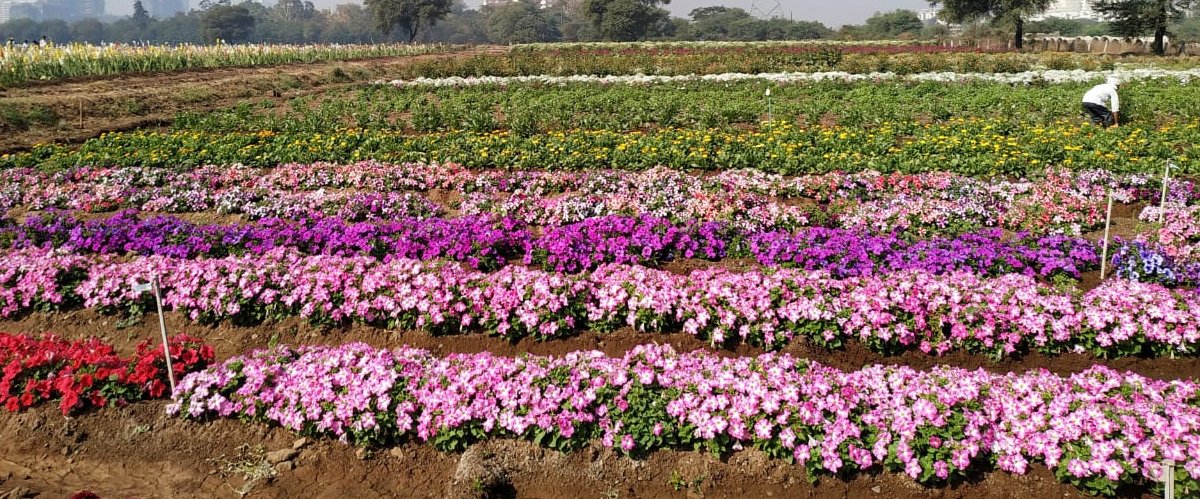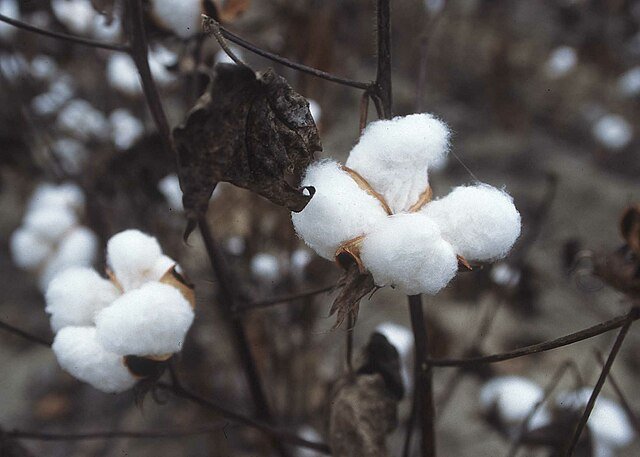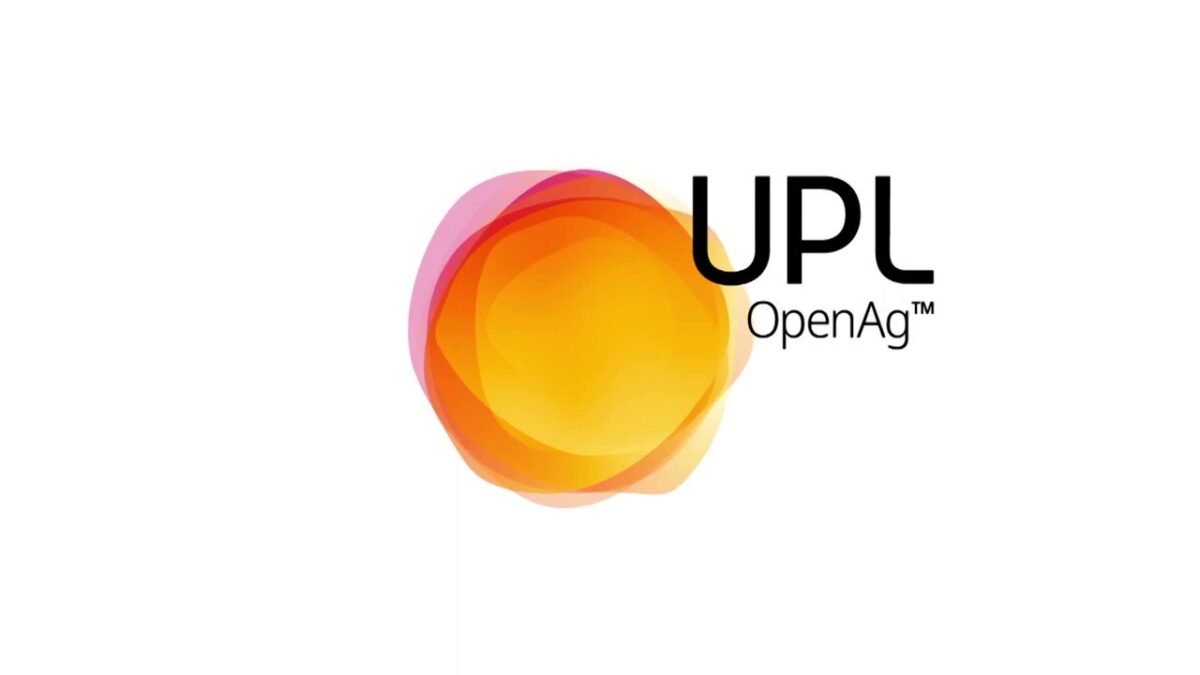It is expected that this tractor CSIR PRIMA ET11 will create a breakthrough in sustainable agriculture while meeting the demands of small and marginal farmers in India.
India announced to work towards reducing the total projected carbon emissions by one billion tones by the year 2030. Also, target was kept to achieve Net Zero carbon emission by the year 2070. Therefore, electrification of tractors is a necessary step that aids our country in achieving these targets.
Considering the need to further reduces the greenhouse gas emissions and the eventual scarce availability of fossil fuels shortly, electric tractors have been identified as a possible solution in the context of more sustainable farming. However, most of the commercial equipment consists of high-power machines, which are only feasible to large area Farming and poses a challenge for Indian marginal farmers having around 2 hectare of farming land or less and this small & marginal farmer consist of more than 80 per cent of farmer community.
Addressing to this, CSIR-CMERI has indigenously designed and developed compact 100 per cent Pure Electric Tractor named CSIR PRIMA ET11 mainly to cater small and marginal farmers of India.
Salient features of the developed CSIR PRIMA ET11 are as follows:
1) Since the main purpose of the tractor is to cater the demand of agriculture field application, it has been designed in such a way that its dynamics, weight distribution, transmission engagements, then lever and pedal position everything has been well designed and considered.
2) Another USP of the developed technology is that it Women friendly. For this we have given special attention in the ergonomics, for eg: All the lever, switches etc has been placed for easy approach to the women. Further to minimize the effort many mechanical system is being replaced with electronic switches for easy operations.
3) The farmers can charge the tractor using conventional home charging socket in 7 to 8 hours and operate the tractor for more than 4 hours at field. Otherwise, tractor can run more than 6 hours in case of normal Haulage operation.
4) Coming to Transmission: The tractor is being designed with the robust and efficient transmission system by using the semi Synchronized type gearing system. The design helps to achieve the desired efficiency in min cost.
This first of its kind electric tractor has been launched by Union Minister for Science and technology Dr. Jitendra Singh in One Week One lab curtain raiser ceremony held at New Delhi in the presence of, Secretary, DSIR Dr N Kalaiselvi and many other dignitaries.
Also, this impactful technology has been licensed to K N bioscience, Hyderabad based Company famous for its Kushal Tractor brand and many biosciences related development/product for take it to the ground level and mass production; we are hoping for its grand success.
It is expected that this tractor CSIR PRIMA ET11 will create a breakthrough in sustainable agriculture while meeting the demands of small and marginal farmers in India. And thereby this development will trigger to lead India in the global tractor industry with revolutionary vision of “Make for the World”.
It is expected that this tractor CSIR














